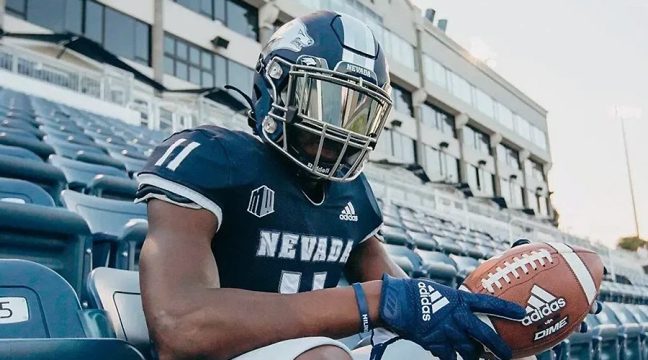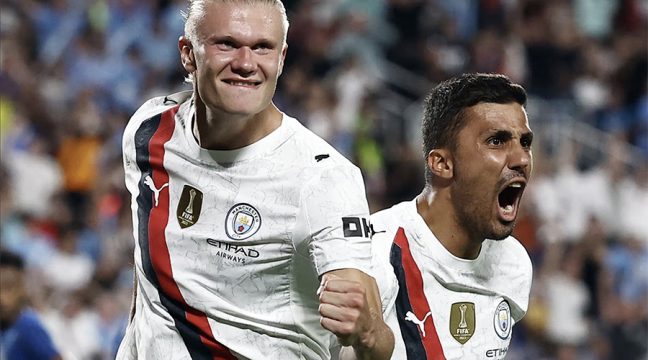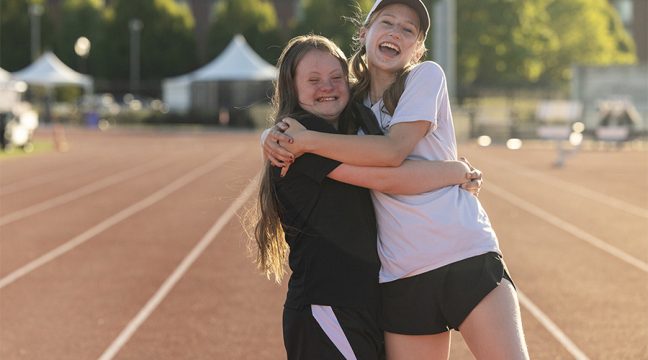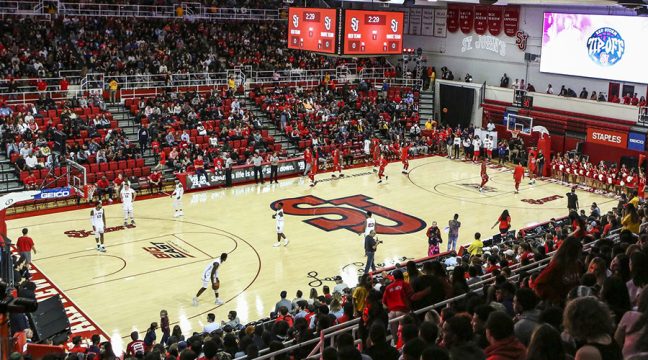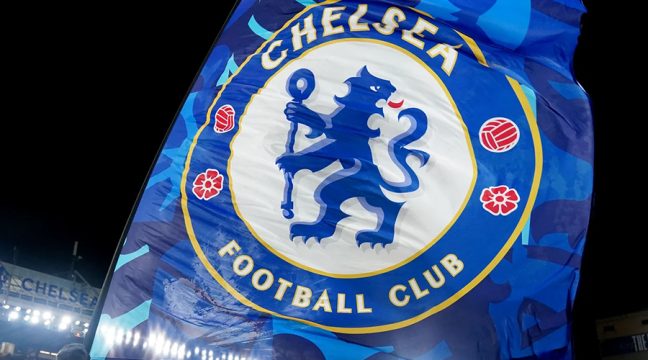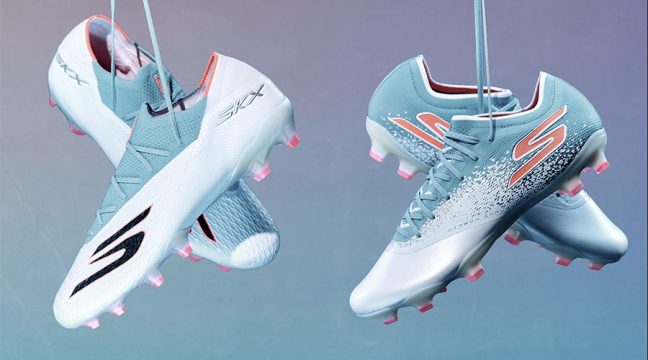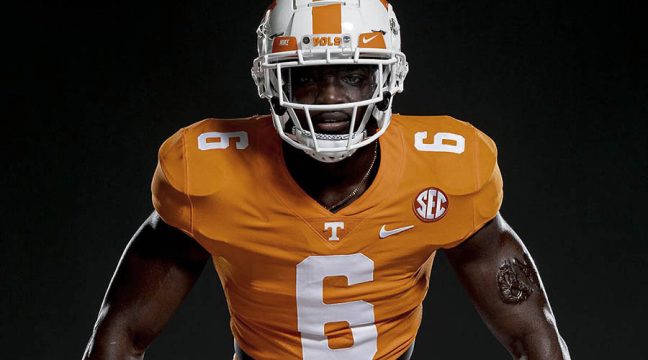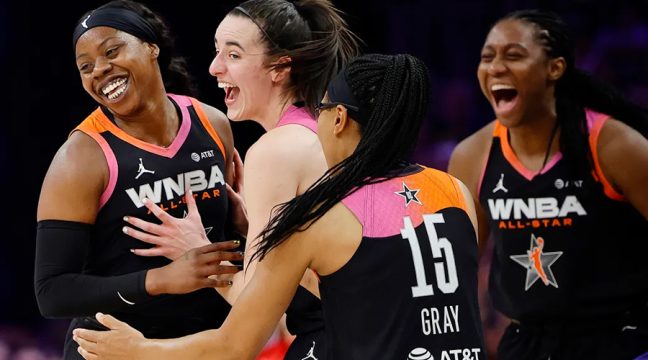Nonprofit Paradox Sports opens climbing to the physically disabled, proving an adventurous way of life is attainable for everyone with heart and a call to the wild.
By Jahla Seppanen
Started by hardcore U.S. Army Captain D.J. Skelton, climbing death-defier Malcolm Daly, and pro rock climber/comedian Timmy O’Neill, Paradox Sports began as a small club for people with missing limbs, debilitating injuries, and other physical hindrances to harness in and find a hold.

Timmy O’Neill
Nearly 10 years later, Paradox is a fully operating Boulder, CO-based nonprofit that works to expand outdoor opportunities for men and women with physical disabilities, creating physical-adaptive sports communities. There’s no denying people feel something magical exploring the outdoors, pushing boundaries, and climbing new heights. But what happens when the message isn’t made for you?

Christina Frain
“Most people in the adaptive community have never been introduced to climbing as a sport,” said Christina Frain, interim executive director at Paradox Sports, and an “obsessive climber,” and previous AMGA single pitch instructor. “In marketing, there is virtually no representation of people who have a physical disability. But just like any climber, once you start climbing you want to buy all the gear, climb all the routes, and learn about the sport. Paradox offers a big missing piece in the marketing puzzle — we connect the physically disabled community with the outdoor industry.”
Inspiration, opportunity, and specialized adaptive equipment and education fall within the umbrella of Paradox’s mission, because in the end, human-powered sports are not and never should be exclusive.
A little background on the founders helps make sense of how Paradox took on a life of its own…

U.S. Army Captain D.J. Skelton
Skelton was seriously wounded in Iraq and became one of the most physically damaged soldiers to ever go back to active duty after being seriously blown up. Daly is a self-proclaimed ordinary middle-aged guy, with one little difference: he’s a post-cardiac, multiple-amputee with a head injury. After a horrific accident in Alaska, Daly lost fingers, toes, and limbs, but wanted to find a way to keep climbing. O’Neill found his way to the group after his older brother, Sean became a T-12 paraplegic, breaking his back jumping from a bridge into the Mississippi River.
Driven by the feeling of being outdoors, these guys weren’t ready to give up an adventurous quality of life. And what they discovered was an entire population of injured or impaired individuals who wanted the same. Now, Paradox holds more than 10 major trips a year that encompass climbing, hiking, and camping. And these aren’t baby expeditions. Paradox has hosted cragging at Shelf Road, scaling the Grand Teton, various trips to Yosemite, and hopes to take adaptive climbers to summit Mt. Rainer or Mt. Baker in 2016.
“In many cases, those missing a limb can climb just like I can — with or without a prosthetic,” said Frain, who first got involved with Paradox by volunteering with one of its adaptive climbing clubs. “There’s something unique about the movement involved in climbing. Many folks with a variety of physical disabilities can climb with only a little extra assistance.”

Malcome Daly
Along with building adaptive climb clubs at gyms around the country, where anyone can try the sport, Paradox literally wrote the book (“Adaptive Climbing: A Manual for Instructors and Climbers”) on how those limited physically can find a method to climb.
“Whether you have MS, are a paraplegic, blind, etc., we help figure out how to actually rig-up and successfully scale a wall. And we teach climbing partners how best to assist and help their climber succeed,” Frain continued. The book entered its second edition and is considered the Bible of adaptive climbing, put together by professional guides, climbers, athletes, and medical and therapeutic professionals.
With methods that break the norm, equipment needs to be adaptive too. Paradox’s sponsors include the biggest names in climbing, with Petzl, The North Face, Outdoor Research, Osprey, Evolv, Clif Bar, Goal Zero, La Sportiva, Native Eyewear, and others, making donations in 2015.
“We partner with brands to reach this sometimes left-out community, and in turn, brands suddenly have a much more diverse representation, which benefits their company,” Frain said. “And on the flip side, we’re looking for low-cost ways to get our message out to hundreds of thousands of people. It means we’re sharing our content.”

Frain told SGB that other nonprofits reaching out to brands for sponsorship should walk into their meeting knowing content is king. “Every single organization I have spoken with is looking for content,” she said. “I see it as being a perfectly logical deliverable. You have to come in with the mindset that it’s a partnership. Not just funding and gear. Talk about what are you able to give back.”
In light of its star profile of sponsors, the universal non-profit anxieties of funding and exposure don’t escape Paradox.
“We’re always concerned about funding,” said Program Director, Adam Fisher. “We get great support from our current partners, but because of the history of our organization, our sponsors are limited to hardcore climbing.”
Climbing companies are quite small compared to others in the industry, so Paradox plans to involve larger-scale outdoor equipment companies in its future partnerships, alongside core climbing.
Although the ultimate activity is climbing, Paradox trips often involve a whole weekend of hiking and camping – activities that are often the point of convergence when the outdoor bug truly catches. “For many folks, the rock may not be the focal point because they have found a community,” Frain said. She calls it, The Tribe of Climbers. “That’s a big part of the goal. To bring individuals into the Tribe. Climbers just want to hang with other climbers. You end up dropping the ‘adaptive’ part.”



